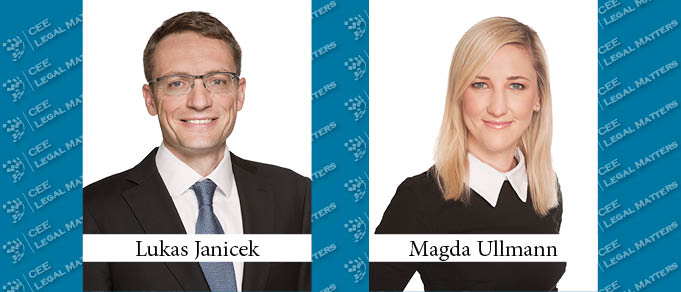Czech corporate law has changed significantly over these past few years. In 2014, the Act on Corporations replaced the Commercial Code that had been in place since 1991. On January 1, 2021, an additional amendment to the Act on Corporations (the “Amendment”) will go into effect.
The most noteworthy changes introduced by the Amendment include the simplification of the incorporation process for limited liability companies, the re-introduction of the monistic (one-tier) management structure of joint stock companies with only one corporate body, and the introduction of new rules governing financial distributions.
Broader Impact of the New Corporate Rules
Many companies have been busy dealing with the impact of COVID-19 and have not had the opportunity to reflect on the regulatory changes brought about by the Amendment. However, these changes not only have the potential to affect transactions and/or restructures which are currently underway, but are also likely to have a continuing impact on the operations of Czech companies going forward. Set out below are some of the more important changes being introduced by the Amendment:
Transactions. The Amendment broadens the spectrum of transactions which require the approval of the general meeting by the seller (and also, in some circumstances, by the buyer).
The purpose of expanding the existing category of transactions is to protect shareholders against the undesired dispossession of company assets by management and requires that any such dispossession be appropriately reflected in the relevant transaction documentation. This change is likely to increase the administrative burden and costs associated with approving and closing certain transactions.
Personal Implications for Directors and Other Persons. If a corporate director contributed to a company´s insolvency by way of breaching his/her obligations, the insolvency court may order the director to return any benefit obtained from the company in the up-to-two years prior to the commencement of insolvency proceedings.
In addition, the Amendment stipulates that if a corporate director is repeatedly or materially breaching his/her duties, the court may disqualify that director from performing that position for up to three years, even if the director does not cause or contribute to the company’s insolvency. This strict rule also applies to other persons who are in a similar position. The application of this new rule may have special relevance in terms of the unpredictable impact caused by the COVID-19 outbreak in cases where a corporate director remains engaged by a company after a change in the company’s shareholders.
Distribution of Profit and Other Equity. In line with their duty of due managerial care, directors are ultimately responsible for taking all necessary and reasonably foreseeable steps to prevent a company’s insolvency, including making an assessment of whether the distribution of the company´s financial sources could lead to financial difficulties. The Amendment has introduced new balancing tests – an insolvency test and an equity test – which should be applied by directors prior to any distribution in order to comply with their duties and preserve the financial stability of the company.
Additionally, the Amendment requires that any shareholder of a limited liability company who received distributions contrary to applicable legal requirements must return such distributions to the company and shall no longer be protected by the defense of good faith (while shareholders of joint stock companies remain protected unless they knew or should have known that the distribution broke the law).
Beyond the changes introduced by the Amendment, it is also noteworthy that in late 2020 the Czech Republic abolished the property acquisition tax, which amounted to 4% of the purchase price and was applicable to all transfers of real estate (asset deals). The effectiveness of the abolishment was made retroactive to December 1, 2019, and buyers who paid the acquisition property tax after that date can demand repayment. The abolishment of the acquisition property tax may make asset deals more attractive, in particular in the real estate and hotel and leisure sectors, where share deals were traditionally more popular.
By Lukas Janicek, Partner, and Magda Ullmann, Senior Associate, CMS
This Article was originally published in Issue 7.12 of the CEE Legal Matters Magazine. If you would like to receive a hard copy of the magazine, you can subscribe here.




